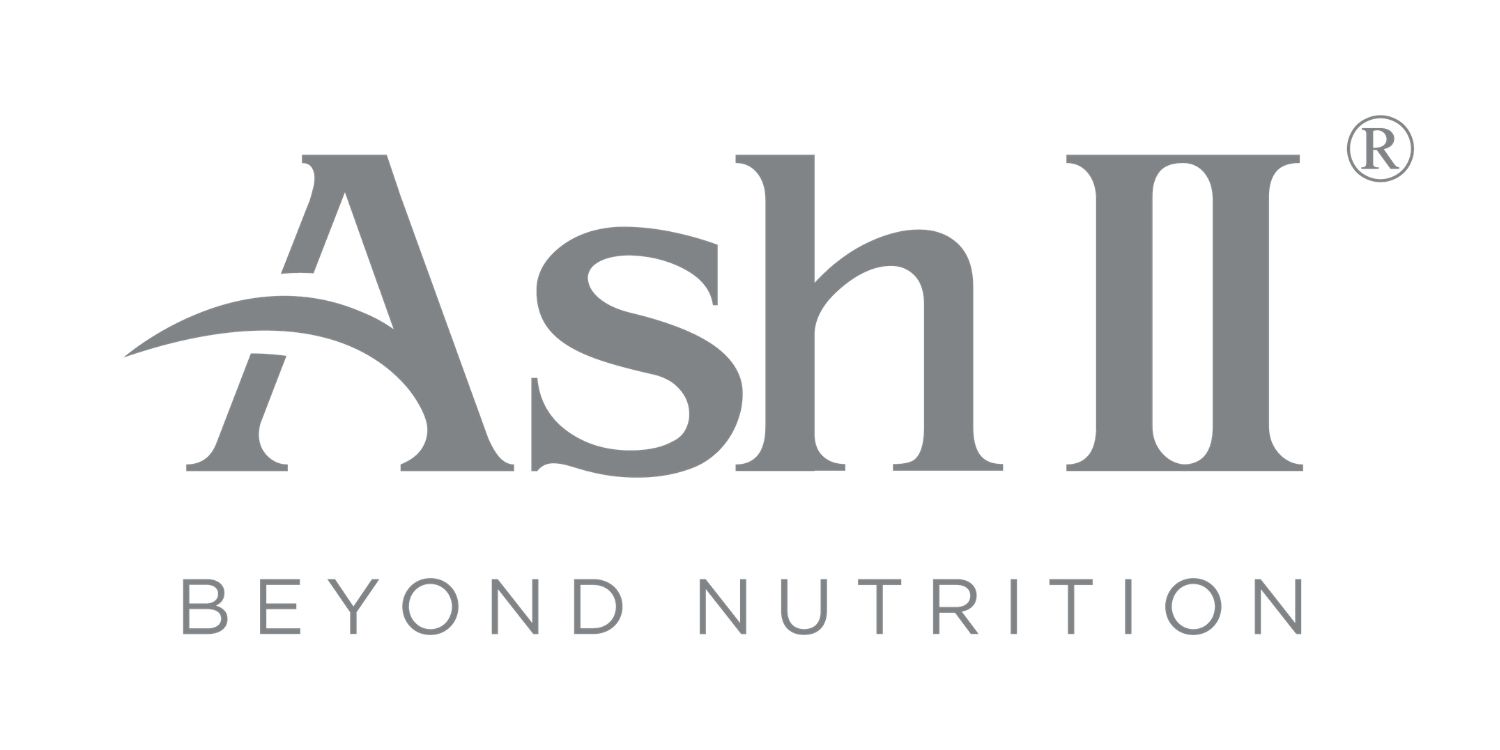What is Calcium?

Calcium is a key nutrient that many of us overlook in our diet. Almost every cell in the body uses calcium in some way, including the nervous system, muscles, and heart.
It is an essential building block for lifelong bone health in both men and women, and not getting enough calcium in your diet can contribute to anxiety, depression, and sleep difficulties.
Whatever your age or gender, it’s vital to include calcium-rich foods in your diet, limit those that deplete calcium, and get enough magnesium and vitamin D and K to help calcium do its job.
Did you know?
Our bones are constantly being renewed throughout our lives. They will continue to increase in size and mass from childhood to adulthood until the age of 30, when Peak Bone Mass is reached.
Peak Bone Mass, which can be defined as the amount of bony tissue present at the end of the skeletal maturation. It is an important determinant of osteoporotic fracture risk.

Calcium - Not only for bones!
Calcium is also used by almost every cell in the body, including the heart and nerves. It is also necessary for muscle contraction, blood vessel contraction and expansion, development and maintenance of bone structure, secretion of hormones and enzymes, and sending messages through the nervous system.
Calcium Requirement?
Getting enough calcium in your diet is not just important for older people. It’s also vital for children, teens, and young adults since we continue to build bone mass into our mid-20s.
From then on, we can lose bone mass without sufficient calcium in our diet. But no matter your age, it’s important to take care of your bones and get the right amount of calcium from the food that you eat.

Food source of calcium?

One of the best food sources of calcium are dairy foods such as milk, yoghurt and cheese.
Other good sources of calcium are fish with edible bones such as sardines and anchovies , tofu made with calcium salts, lentils, green leafy vegetables and calcium fortified food such as bread, biscuits and soybean milk.
Eat a variety of these foods to attain your daily calcium requirement each day.
| Food | Serving Size | Calcium Content (mg) |
| Dairy products | ||
High-calcium milk powder Low-fat milk Full-cream milk Low-fat yoghurt Low-fat cheese* | 4 scoops (25 g) 1 glass (250ml) 1 glass (250ml) 1 carton (150g) 1 slice (20g) | 500 380 300 240 200 |
| Non-dairy foods | ||
Canned sardine (with bones) Dried anchovies (with bones) Silken tofu Tau kwa Dhal (raw) Baked beans, canned* Kai lan, cooked Spinach, cooked Chye sim, cooked Broccoli, cooked | 1 fish (80g) 2 tablespoons (40g) package (150g) 1 small cake (90g) 1 mug (50g) can (210g) 1 mug (100 g) 1 mug (100 g) 1 mug (100 g) 1 mug (100 g) | 270 270 100 150 85 110 195 140 140 50 |
| Calcium-fortified products | ||
High-calcium soybean milk Enriched bread Calcuim-fortified orange juice | 1 glass (250ml) 2 slices (60 g) 1 serving (240 ml) | 450 100 350 |
*item may be high in salt
Vitamin D , Vitamin K & Calcium Absorption
Like all vitamins, it must be obtained from diet or sun exposure to enable our body to
function well. Vitamin D helps your body absorbs calcium while Vitamin K2 directs calcium to the right place in order to prevent calcium calcification in blood vessels.
Vitamin D
Your body can make vitamin D when it is exposed to ultra violet (UVB) rays of the sun. Try to let the sun shine on your arms and legs twice a week. The best time to do so is anytime between 10am and 3 pm, for about 5 to 30 minutes.
If you have paler skin, then just a little sunshine will do the trick, but if you have darker skin, stay out in the sunshine just a little longer to help your body make enough vitamin D.
To be certain to meet your nutrient goal, include eggs, liver and oily fish like salmon, cod and mackerel. Vitamin D fortified foods include selected brands of milk, soymilk, ready-to-eat-cereal and margarine.




